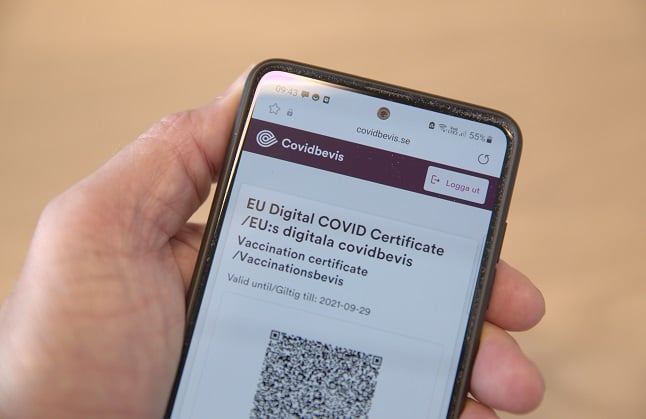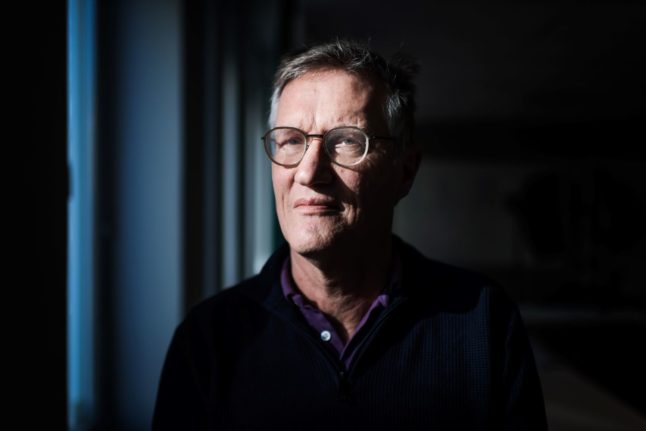The below information was correct at the time of publication on July 28th, but Covid-19 recommendations can change at short notice.
Entering Sweden
If you are travelling to Sweden from an EU/EEA country outside the Nordics (for which there are no travel restrictions), you can show proof of vaccination as an alternative to showing a recent negative Covid-19 test. You need to have received your first dose at least two weeks before entering Sweden in order to do this, according to Public Health Agency guidelines.
If you are travelling from outside the EU, proof of vaccination is not accepted as an alternative to a negative test result, and it is not grounds to be allowed into the country if you are not in an exempt category. You can read more detail about the entry requirements and exempted categories in the article below:
Testing and isolating after international travel
If you are travelling from a non-EU country not on the exempt list, you are supposed to self-isolate (avoid all contact with other people) for seven days after your arrival, however fully vaccinated people are exempt from this recommendation. In this context, “fully vaccinated” is defined by the Public Health Agency as receiving your second dose of a Covid-19 vaccine approved for use in the EU at least two weeks before arriving in Sweden.
If you arrive in Sweden from any country outside the Nordics, you are also supposed to take a test as soon as possible after arriving if you did not take one before your journey. If you arrive from a country outside the EU/EEA that’s not on the exempt list, you should also take a second test on the fifth day after arrival. Again, vaccinated people are exempt, but in this context the Public Health Agency defines “vaccinated” as receiving one dose of a Covid-19 vaccine approved for use in the EU at least three weeks before arriving in Sweden.
Testing and isolating after a close contact tests positive
If someone in your household or with whom you recently had close contact with tests positive for Covid-19, usually you should self-isolate and get tested. But the Public Health Agency says that people who received their second dose of a Covid-19 vaccine at least two weeks prior are exempt from this, as long as they do not have symptoms. People who received their second dose at least two weeks earlier also are exempt from contact tracing efforts, under the agency’s guidelines.
- How to book your Covid-19 vaccine in each Swedish region
- How to get your Covid-19 vaccine pass in Sweden
Accessing events, restaurants and bars
Here there is no difference for vaccinated people. Sweden’s restrictions on participant numbers at events apply regardless of vaccination status, and there is no requirement to be vaccinated or test negative to Covid-19 to enter any public venue (although you should be self-isolating if you know you have Covid-19 or if you have symptoms, which obviously includes not going to events or public venues).
Following Sweden’s Covid-19 recommendations
For private individuals in Sweden, several recommendations still apply which are crucial to reducing the spread of infection: keep distance from others in public, stay at home and get tested if you experience symptoms, work from home if you can, and avoid situations where there is a risk of crowding.
All of these still apply even after your second vaccine dose, but the Public Health Agency says that people who belong to a risk group and who received your first vaccine dose at least three weeks earlier may be able to return to work if your job cannot be done from home. However, the agency notes that you may need an individual diagnosis from a doctor to determine this.
Travelling overseas from Sweden
For travel to all countries in the EU, you should be able to use your Swedish digital vaccine certificate in order to enter the country, but the exact requirements vary based on your destination, for example many require both doses but some, like Sweden, will accept only a first dose. You should check the specific requirements with authorities in the country you are travelling to.
Where can I find out more?



 Please whitelist us to continue reading.
Please whitelist us to continue reading.
Member comments